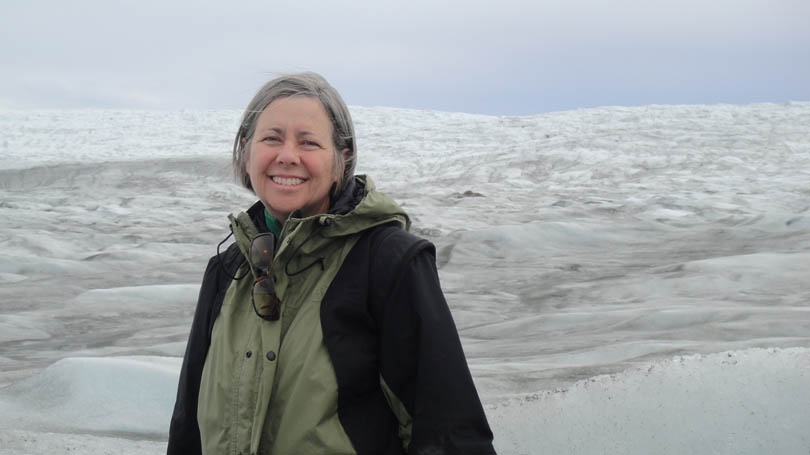
“Science is still very much a man’s world and women must learn how to navigate it,” said Dr. Mary Albert, faculty advisor for the Dartmouth Graduate Women in Science and Engineering (GWISE) at a recent event.
According to a 2015 report from the National Science Foundation on Women, Minorities, and Persons with Disabilities in Science and Engineering, women have earned 57% of all bachelor’s degrees and about half of all science and engineering bachelor’s degrees since the late 1990’s. Despite the high number of qualified women, only about 25% of full professors are women, and underrepresented minorities occupy only 8%.
“Science is still very much a man’s world and women must learn how to navigate it,” said Dr. Mary Albert, faculty advisor for the Dartmouth Graduate Women in Science and Engineering (GWISE) at a recent event.
Dr. Albert is a professor of Engineering at the Thayer School of Engineering is highly accomplished and met with the GWISE group to discuss her career and offer advice and strategies for navigating the STEM world in academia. There is gender bias in science and “no magic wand to make a perfect world,” recognizes Albert, but this recognition, combined with anticipating the associated trials is what helped Albert achieve success at work.
Traits such as resilience, coping skills, hard work, and persistence were key to Albert’s success and she noted a time in her own graduate career where the difference in gender persistence was acute.
She was working towards her PhD, raising a family, feeling exhausted, and she feared that she may not finish. In contrast, her husband, who was also working his way to a PhD was confident that he would finish on time.. She tended to internalize her fear of failure, while her husband persevered, and encouraged Albert to do the same.
It turns out these were not strategies unique to Albert and her husband. Psychologist Sylvia Beyer conducted studies which showed females typically attribute failure to an immutable cause whereas males are more likely to blame their poor performance on an external variable. This perception of a lesser ability is often internalized, with long-term negative results.
Beyer’s study into gender differences in perceived failure concluded “Males protect their self-confidence in failure situations by blaming a poor performance on an unstable cause that can be changed in the future, whereas females attribute failure to an immutable cause.” Women seem much more likely to underestimate their capabilities and internalize their shortcomings. “Fear of failure is inevitable,” Albert said, “it’s how you respond that determines your ability to move forward and achieve your full potential.”
“You design your own life and own pathway,” she added. As a woman who has successfully navigated her path, she also admits being a professor wasn’t “on her to-do list”, but recommends finding an employer where your contribution is recognized. “Work where you are wanted and valued,” Albert advised. “Employers are likely to provide more flexibility in these environments.” Albert also noted that you should never work in an environment that makes it difficult to progress or do your job.
Albert also conveyed that “the highest levels of science in the nation are working to figure out how to keep STEM women in the national workforce, not only in academia but also in other STEM career pathways” according to a 2016 report from the National Academies of Science on “Developing a National STEM Workforce Strategy.”
GWISE would like to thank Professor Albert for sharing her experiences and nuggets of wisdom that can be applied to each of our journeys.
Dr. Mary Albert has a B.S. in Mathematics from Penn State, B.E., and M.S. in Engineering Sciences from Dartmouth, and a Ph.D. in Applied Mechanics and Engineering Science from University of California, San Diego. Her research interests lie in air-snow transfer processes, the transformation of snow into ice, and the mechanisms of the trapping of gases in glacial ice for interpretation of climate evidence in ice cores.